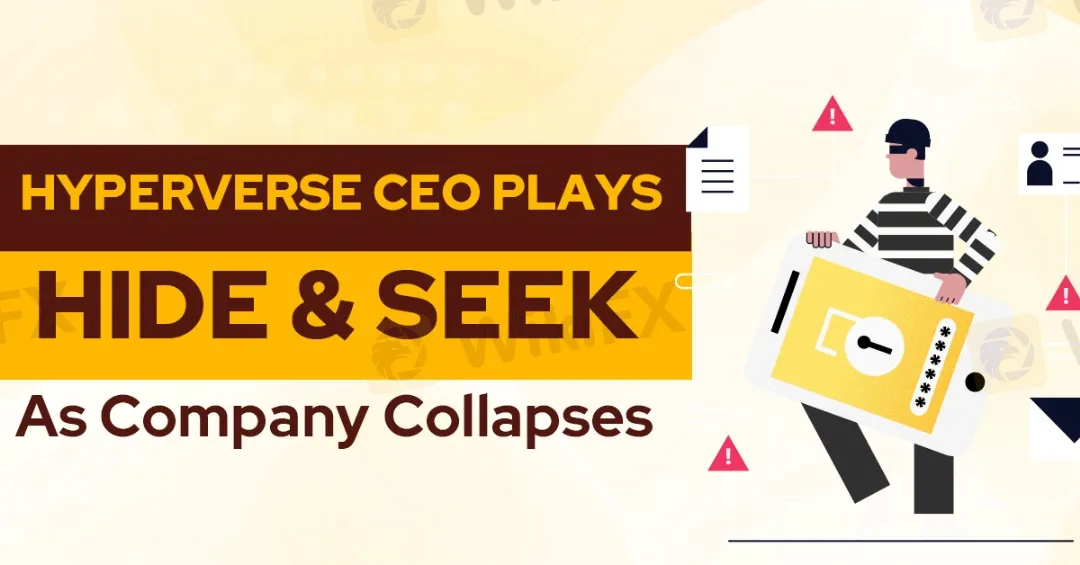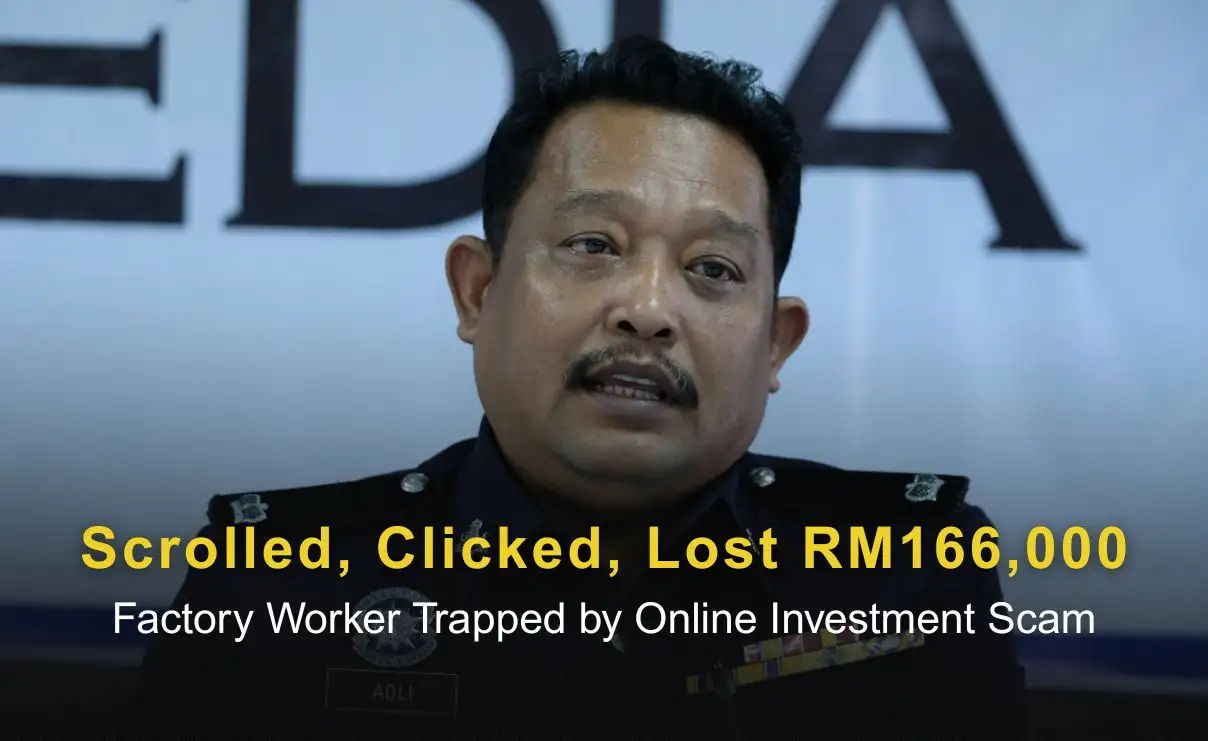If you haven't noticed yet, the crypto market is in free fall, but why?
Crypto has been falling rapidly the past few weeks with no indication of slowing down.
简体中文
繁體中文
English
Pусский
日本語
ภาษาไทย
Tiếng Việt
Bahasa Indonesia
Español
हिन्दी
Filippiiniläinen
Français
Deutsch
Português
Türkçe
한국어
العربية
Abstract:Unraveling the HyperVerse saga: amidst company collapse, the CEO vanishes, leaving questions in the wake of Blockchain Global's downfall, celebrity endorsements, and regulatory scrutiny.

The collapse of the bitcoin company Blockchain Global, led by Australian entrepreneur Sam Lee and his partner Ryan Xu, birthed HyperVerse, now under international scrutiny for its alleged pyramid scheme structure.
At the core of the controversy lies Steven Reece Lewis, introduced as HyperVerse's CEO during an online launch. Despite touting impressive credentials, an investigation by Guardian Australia unearthed discrepancies and false assertions about Lewis's educational and professional history.
The absence of any records of Steven Reece Lewis at reputable institutions like the University of Leeds and the University of Cambridge, along with a lack of presence in official registries such as Companies House in the UK or SEC filings in the US, raises skepticism. Additionally, major corporations like Adobe and Goldman Sachs have no trace of his employment.
Lewis's online footprint seems confined solely to HyperVerse, marked by a Twitter account initiated just a month before the scheme's launch, which went inactive six months later. Such unverifiable background information casts doubts on his professed qualifications and involvement in HyperVerse.

The scheme's credibility was bolstered by promotional videos featuring endorsements from high-profile figures like Apple co-founder Steve Wozniak, actor Chuck Norris, comedian Jim Norton, and singer Lance Bass. However, these endorsements were likely secured through the paid platform Cameo.
Sam Lee, initially linked to HyperVerse, refutes involvement in the scheme, especially regarding its transition to HyperNation. His precise role in founding and running HyperFund and HyperVerse remains ambiguous, as he has not addressed queries seeking clarification.
Blockchain Global, co-founded by Lee and Xu, faces a $58 million debt to creditors, prompting a regulatory audit by the Australian Securities and Investments Commission (ASIC). Despite concerns raised about HyperVerse, ASIC currently indicates no immediate regulatory action, a decision questioned as the scheme has been flagged by overseas regulators.
HyperVerse, pitched as a revolutionary digital metaverse, aimed to rival Facebook's virtual domain, claiming to transform global interactions and business operations. Promising substantial returns – a minimum of 0.5% daily, totalling a 300% return over 600 days – and offering incentives for member recruitment, HyperVerse adopted common tactics seen in pyramid schemes.
However, despite these enticing assurances, the analysis firm Chainalysis estimated losses to HyperVerse in 2022 at approximately $1.3 billion.

Disclaimer:
The views in this article only represent the author's personal views, and do not constitute investment advice on this platform. This platform does not guarantee the accuracy, completeness and timeliness of the information in the article, and will not be liable for any loss caused by the use of or reliance on the information in the article.

Crypto has been falling rapidly the past few weeks with no indication of slowing down.

The Indian Finance Minister Nirmala Sitharaman, while announcing the Union Budget 2026-27, proposed a sharp rise in the Securities Transaction Tax (STT) on Futures and Options as part of the government’s strategy to soothe the country’s overheated derivatives market. The move comes on the backdrop of regulators’ concerns over excessive speculation in F&O allowing retail traders to enter the market and lose capital. Whether the government will be able to curb excessive speculation in F&O through this move remains to be seen. The stock indices, however, were hit hard, with the BSE Sensex falling by 1500 points amid widespread selling on the STT hike. Let’s examine the potential impact of this hike on Indian F&O traders.

Join forex expert Tom as he shares his journey, trading wisdom, and thoughts on AI and the future of forex in WikiFX’s inspiring “Inside the Elite” interview.

A woman employed at a cake factory has lost her life savings after being lured into a fictitious investment scheme by a man she met on social media
